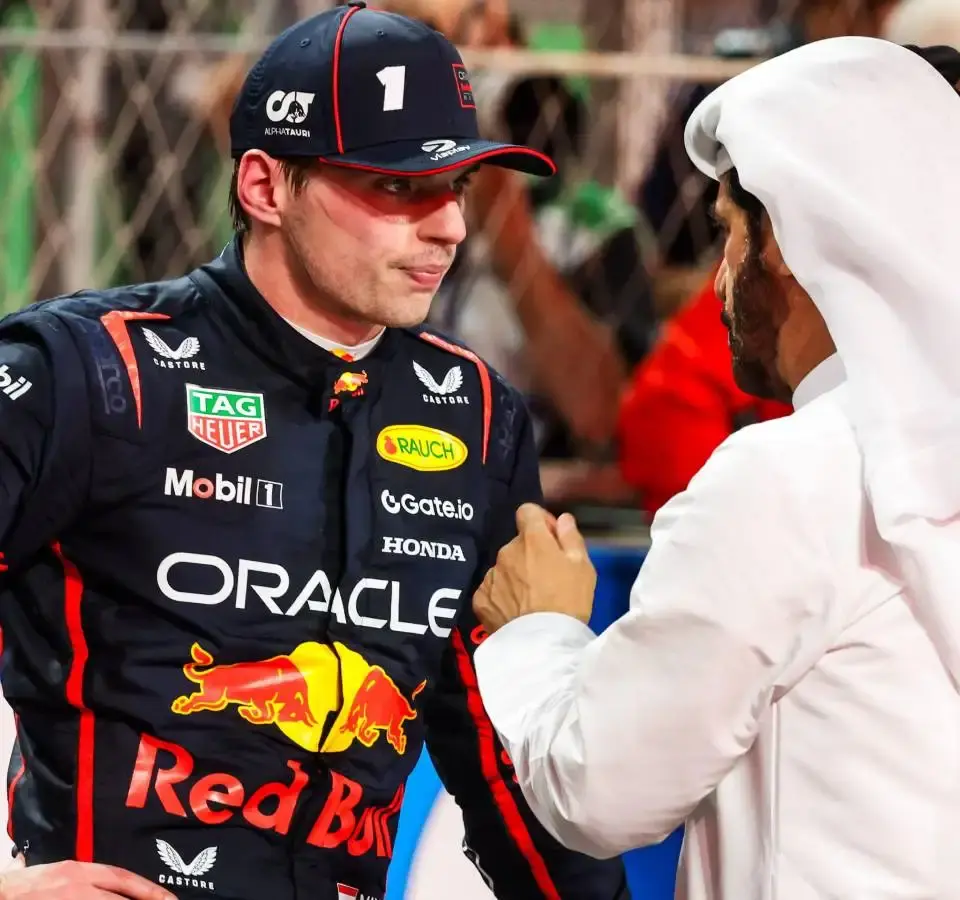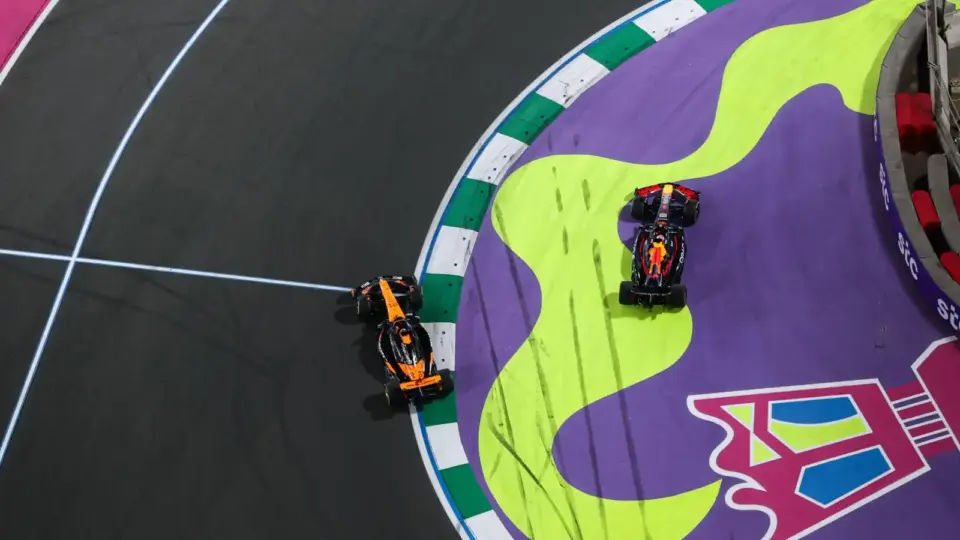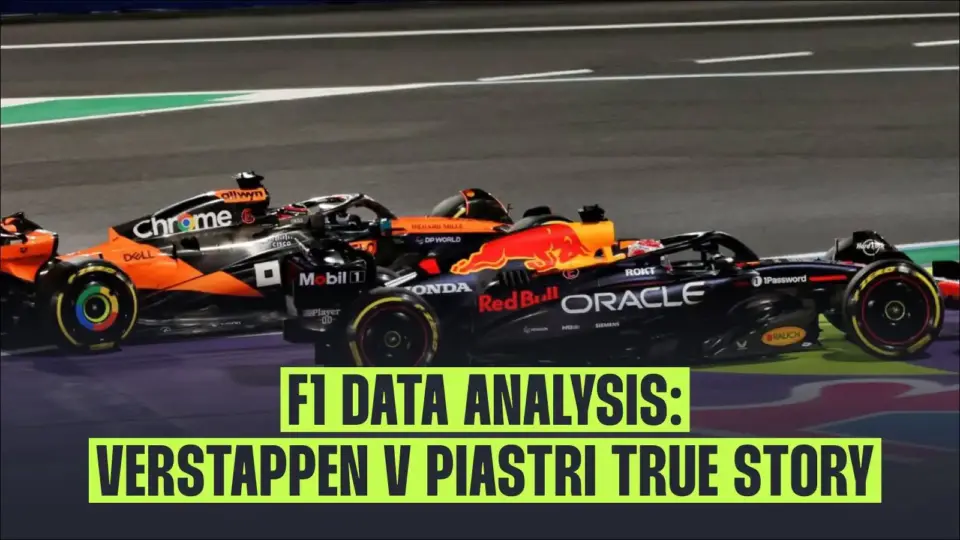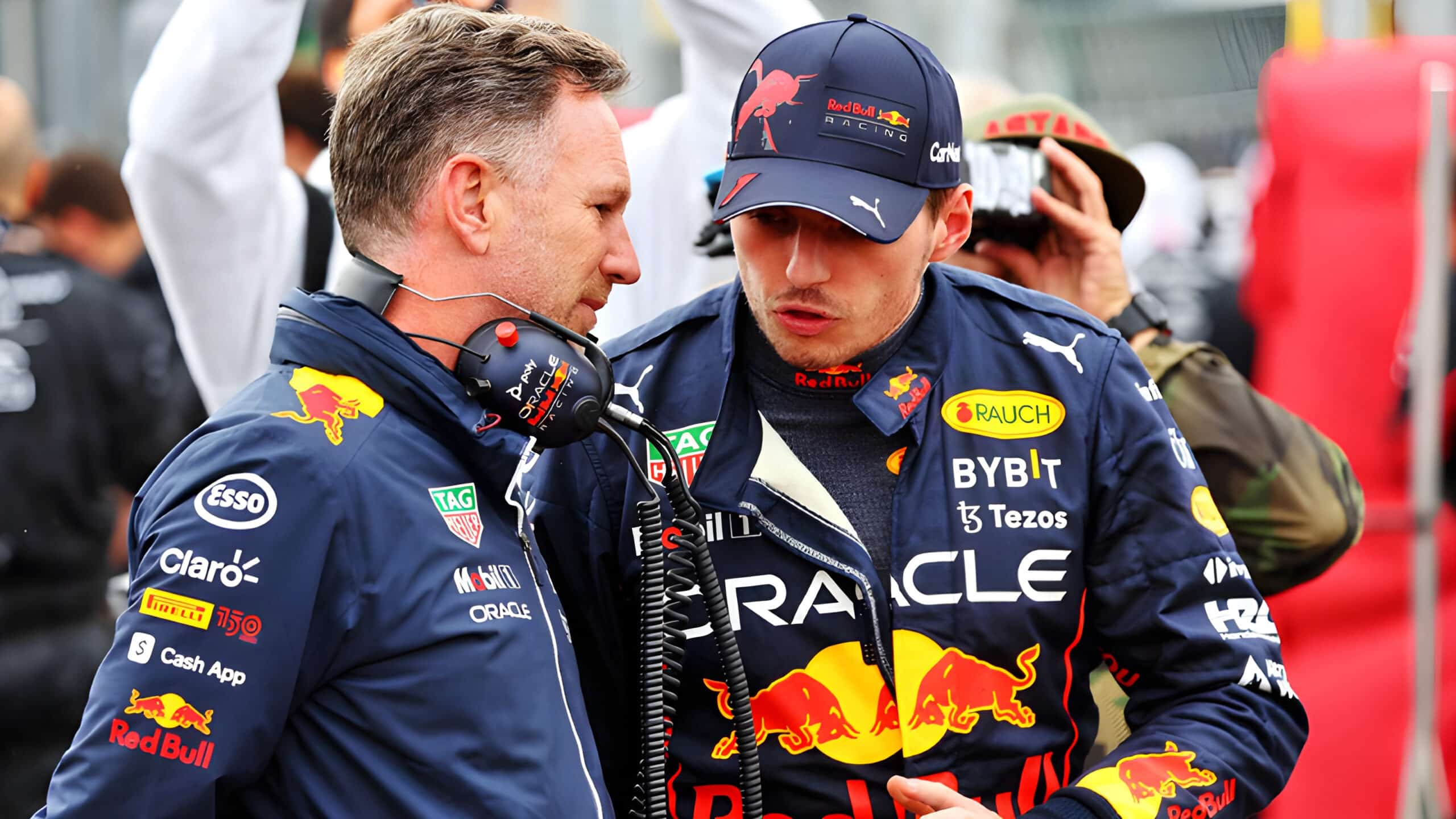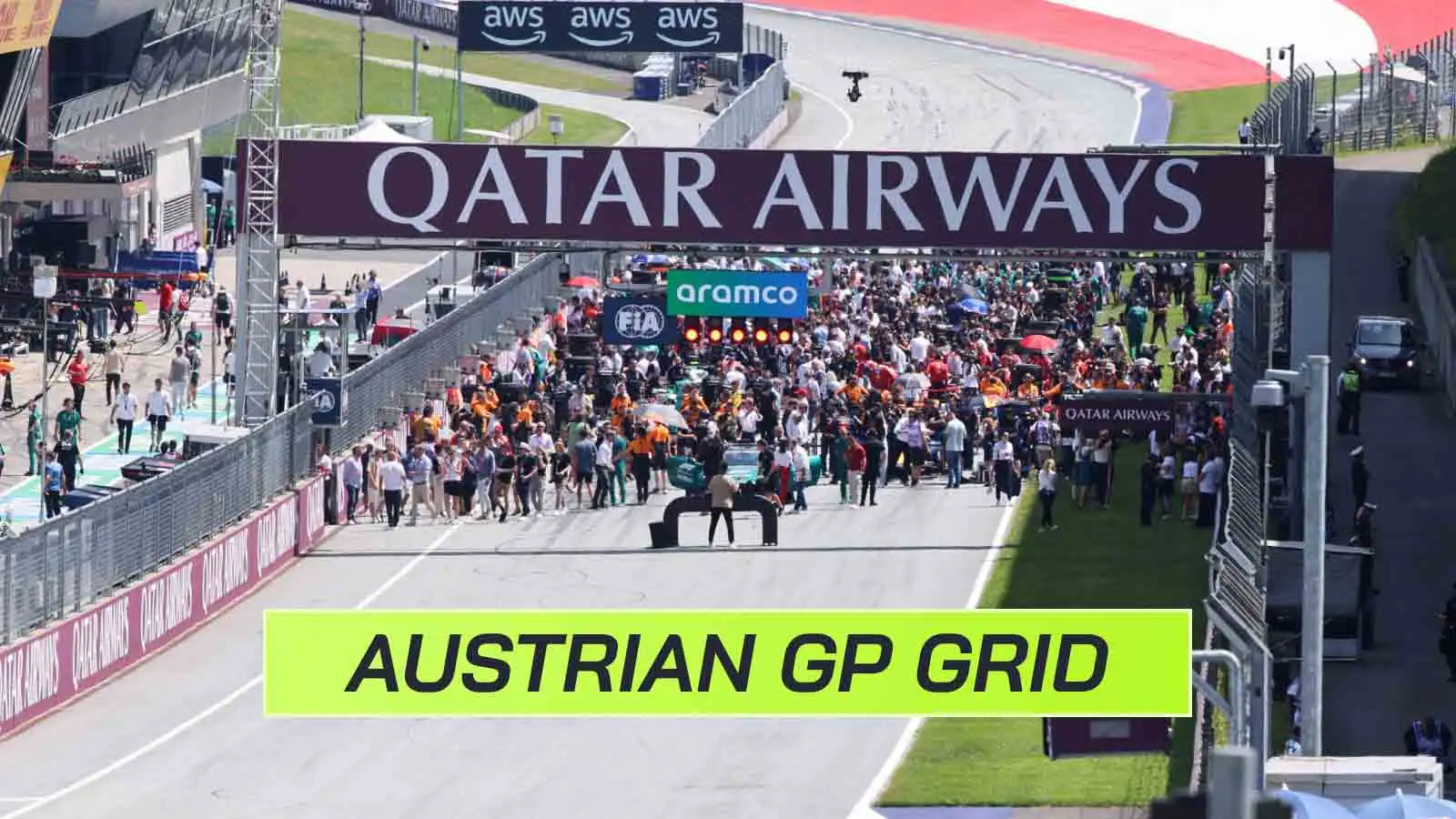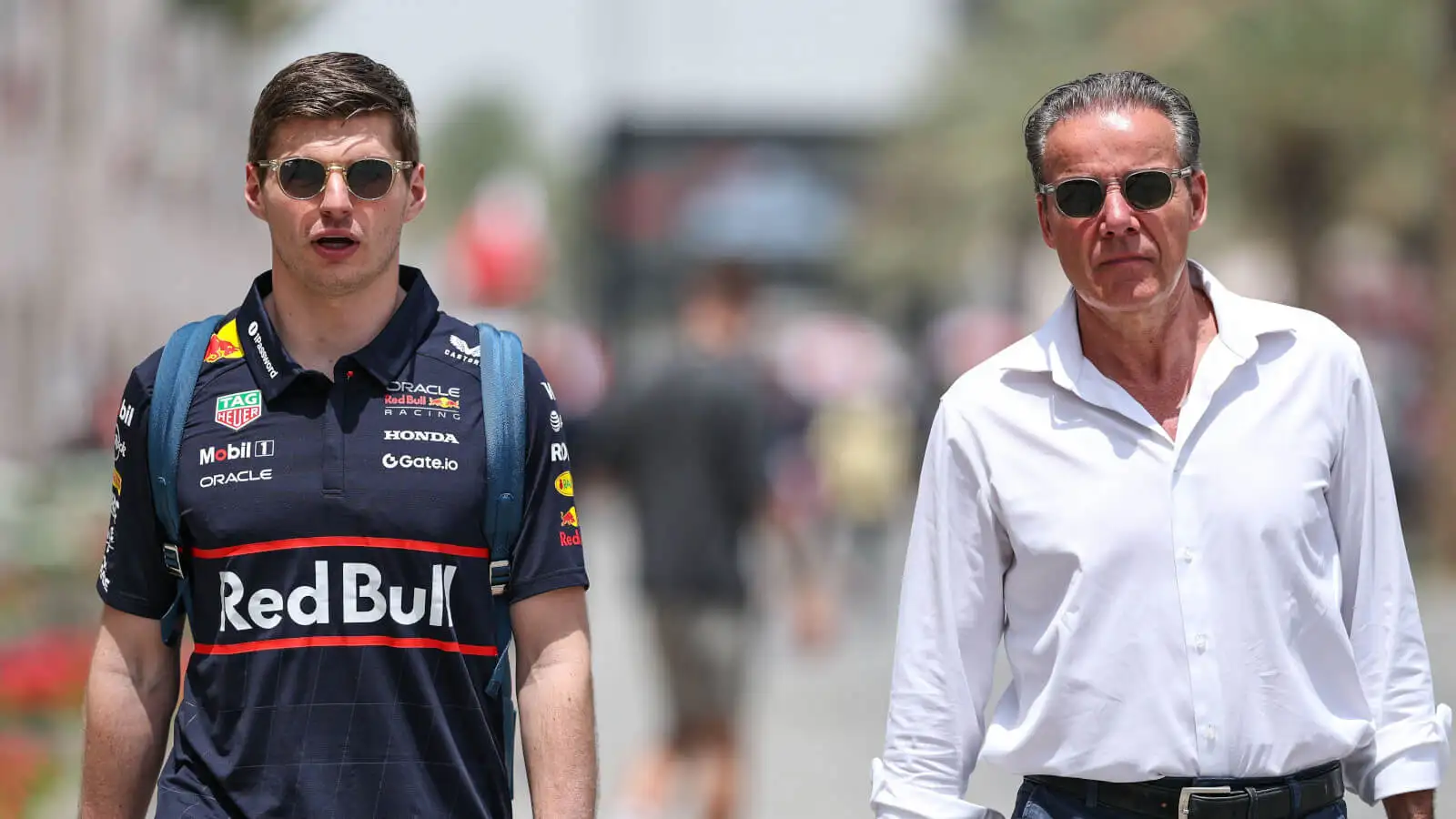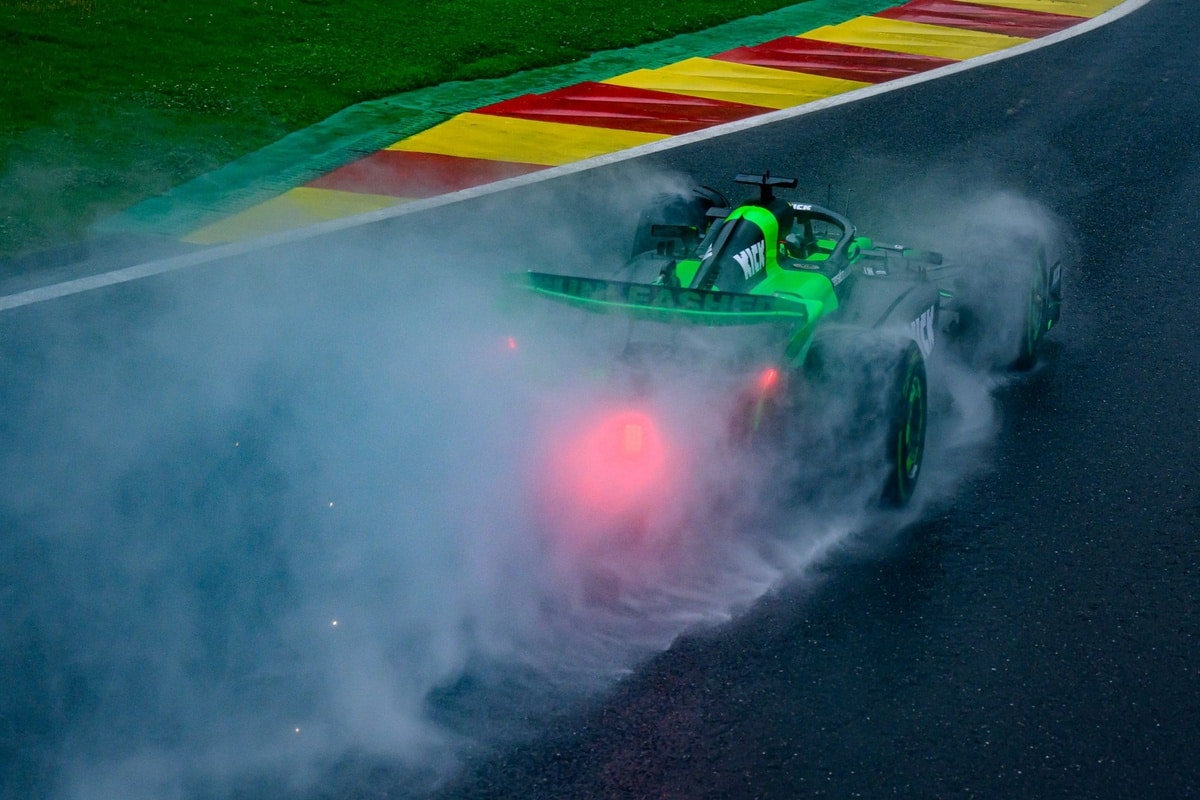Max Verstappen found himself at the center of controversy at the Saudi Arabian Grand Prix but chose a path of silence over confrontation.
- A clash with Oscar Piastri saw Verstappen taking to the run-off at the apex, leading to a five-second penalty from the FIA.
- The penalty, served during a pit stop, saw Piastri claim victory and the championship lead, as Verstappen crossed the line three seconds behind.
- Despite the drama, Verstappen remained reserved in interviews, avoiding comments that could stir further trouble.
- Citing a world intolerant of criticism, Verstappen expressed frustration over how opinions are interpreted on social media.
In the midst of high-speed action at the Saudi Arabian Grand Prix, Max Verstappen found himself in a heated conflict with fellow driver Oscar Piastri. As the two vied for position at the apex, Verstappen veered into the run-off area, only to return to the track in first place. This maneuver did not go unnoticed by the FIA, who decided to issue a five-second penalty to Verstappen, citing it as the cause for Piastri’s relinquished chance at making the first corner.
This penalty proved crucial in the grand scheme of the race. Verstappen, who served the penalty at his sole pit stop, ultimately finished the race just shy of victory, trailing Piastri by less than three seconds. This outcome not only cost Verstappen the race but also positioned Piastri as the new leader in the Drivers’ Championship.
When pressed about the incident in the post-race press conference, Verstappen’s demeanor was notably subdued. He acknowledged, “It happened very fast,” and indicated his preference for staying silent to avoid repercussions. His reluctance to speak out reflects a broader discontent with modern communication challenges, particularly on social media platforms where, as he puts it, “people can’t handle the full truth.”
Verstappen’s frustration extends beyond the specific race incident and into the broader motorsport culture. Reflecting on recent FIA regulations, including those targeting language in official settings, Verstappen remarked on the increasing restrictions. His previous reprimand for swearing during a conference illustrates the delicate balance that drivers must maintain to avoid sanctions. Verstappen expressed his concerns simply: “Honestly, it’s better if I don’t say too much.”
As Verstappen navigates these complex dynamics, the tension between free expression and professional caution remains palpable. By choosing to limit his commentary, he highlights an environment where, as he describes, being critical is inherently risky. His approach underlines a shift in how athletes engage with both media and their governing bodies, favoring restraint to circumvent controversy.
Max Verstappen’s reticence post-race underscores a strategic silence in a landscape where words carry significant weight.
